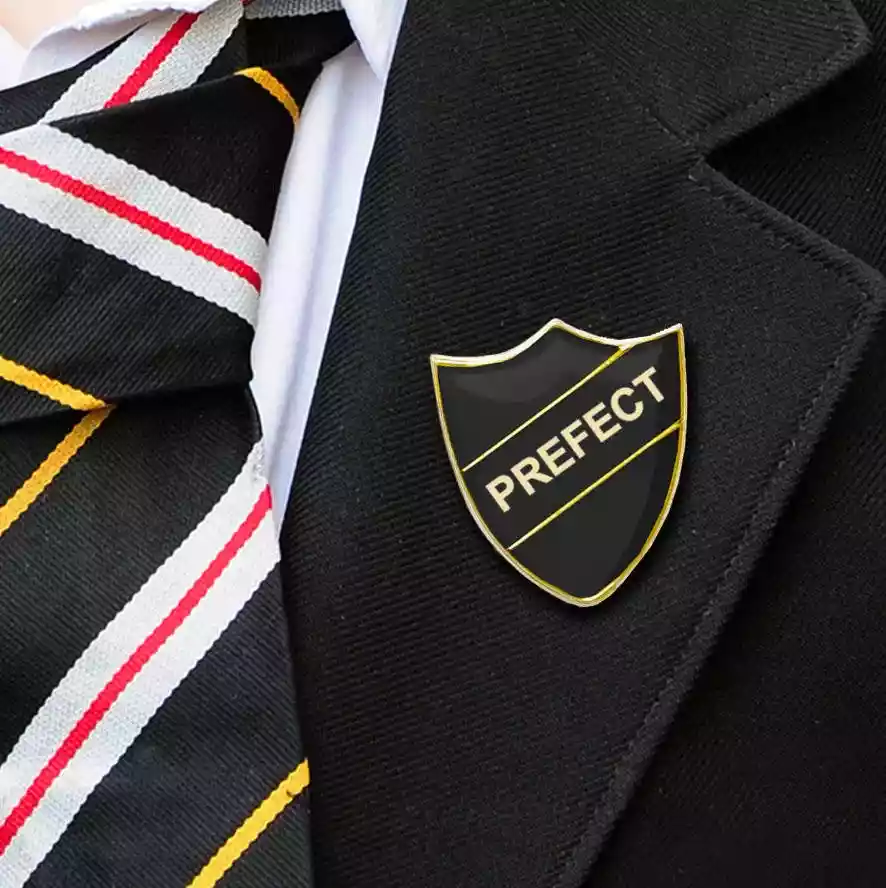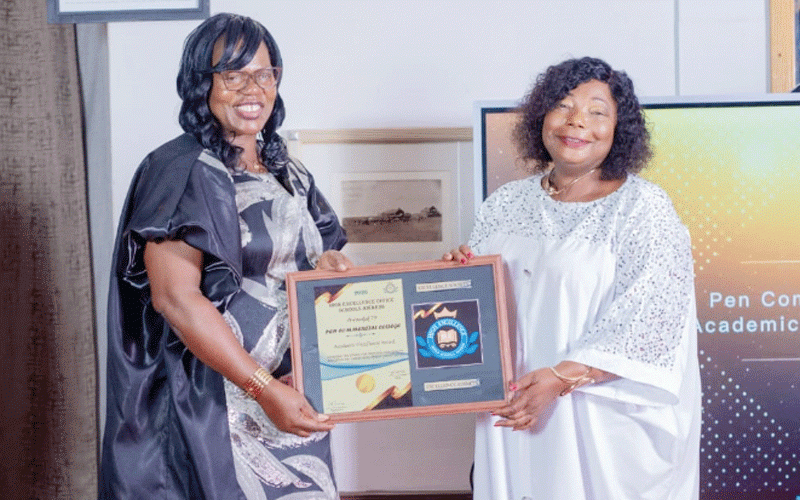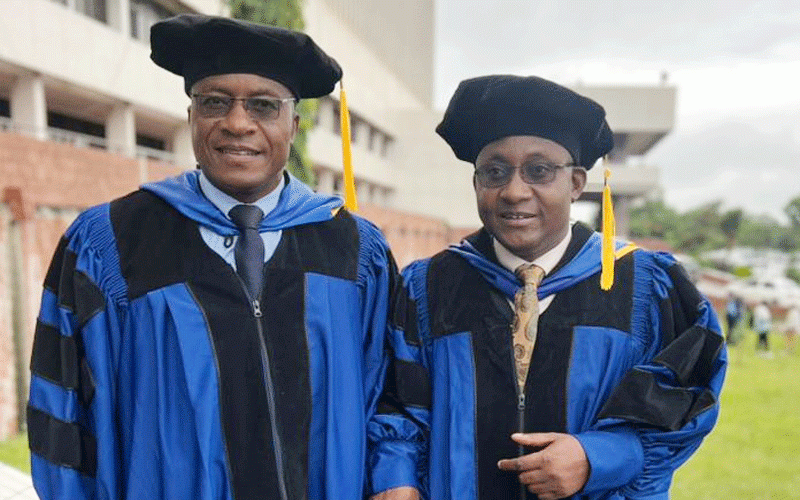
Jonathan Kaplan refereed a school first team rugby match here in Zimbabwe a few weeks ago. That may not mean much to many readers – until we hear that he refereed seventy international Test matches, refereed at four Rugby World Cups, refereed 161 Currie Cup matches in South Africa (involving the top provinces) and 107 Super Rugby matches (involving New Zealand, Australian and South Africa franchise teams). In total, including many school matches, he refereed over one thousand matches in his career. Oh, and he refereed this match in Zimbabwe at the age of 58.
He took up refereeing while still at school, when he realised that he was too small and light to get anywhere in the sport he loved. At the age of seventeen, then, he was refereeing not just school matches but even men’s fourth league matches, controlling matches involving grown men twice his age from all corners of life, and doing it so well that many came up to him, this young man of seventeen, and declared that he was “the best referee we ever had”.
In his autobiography, entitled ‘Call It Like It Is’, he reflected on his time at school, and commented that “One of my greatest disappointments at school was when I was not nominated to be a prefect. It was something I thought I could do really well and it hurt when my name was not on the nominee’s list for our year.” How many young people (or indeed many of an older generation looking back on their time at school) can relate to that?
Many children desperately want to be a Prefect, not always for the right reason – often purely wanting the prestige and privileges that appear (unofficially) to go with the role. Many young people, like Kaplan, are similarly hurt when they also are not nominated for prefectship. Many young people, like Kaplan, believe they could do well as a Prefect – Kaplan had shown his ability to handle authority with men much older than him in his role as a referee – but the school thinks differently.
Kaplan’s response, however, is most insightful and helpful. “To me, it seemed as if my true worth had gone unnoticed. It turned out to be one of the key moments in my life as I resolved right there and then that I would succeed in whatever I set out to do and I would do so on the higher platform for as long as I could. No matter that others were blind or oblivious to my qualities, I knew what I was capable of.” He showed great maturity (indeed the sort of maturity that we would have hoped to see in a Prefect) in using the disappointment to deepen his determination. Somehow the authorities had been blind to the fact that he had shown great authority in refereeing rugby matches, with all its complex rules but it did not deter him. Many a youngster will do well if they follow his example when they are not made a Prefect. It is not the end of the world; they can still succeed in life (when those who were made Prefects often do not do well after school).
Was it an admission of guilt on the part of the school authorities, therefore, that “Come valedictory night, I was awarded a trophy for service to the school. For me it was their way of acknowledging my contribution to King David”? How ironic that they awarded a prize for service but did not make him a Prefect! Is Prefectship not meant to be service? It is even more ironic that a school that goes by the name of King David did not follow the principle highlighted by the prophet Samuel when appointing and anointing David as the future king, that being that “Man looks on the outward appearance but God looks at the heart”. Schools still look at the outward appearance, with rugby First team players being made Prefects more than Chess captains or musicians.
Finally, consider what Kaplan said about what he endeavoured to do as a referee. He is quoted as saying he “had the aptitude for scanning the field, comprehending situations, discerning right from wrong, helping to create a good spectacle”. He said a referee “adds colour to a game, [which] involved player management, emotional intelligence, communication and non-verbal skills”. He believed the referee is meant to “squeeze pips out of lemon so that you give players the best possible environment to exhibit their skills.” Is that not what a Prefect should be doing for the school community? Is that not what we should be looking for, not sporting or academic prowess? Kaplan is still contributing to the community greatly – how many of his Prefects are, we wonder?
- Mavhunga puts DeMbare into Chibuku quarterfinals
- Bulls to charge into Zimbabwe gold stocks
- Ndiraya concerned as goals dry up
- Letters: How solar power is transforming African farms











